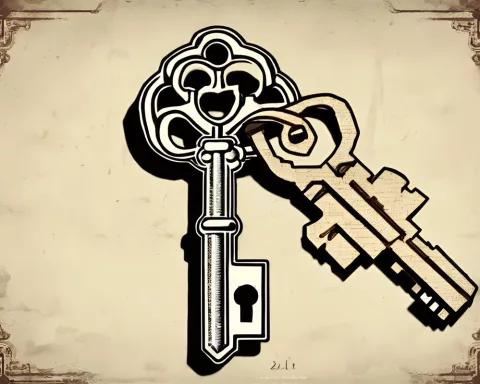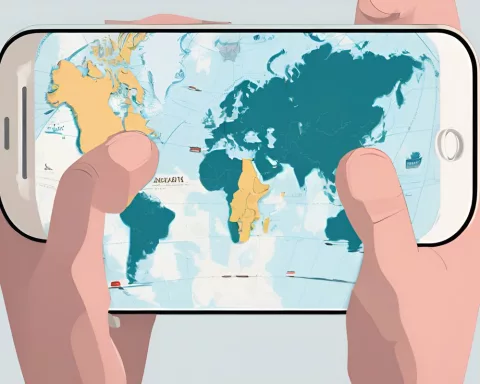Kizazi Moto: Generation Fire is a highly anticipated animation series that not only marks a significant step forward for African animation but also showcases Disney’s commitment to diversity and inclusivity.
The Power of Global Partnerships
The collaboration between Triggerfish and other animation studios from around the world is a testament to the potential of artists coming together to create something unique and groundbreaking.
Celebrating African Talent in Sci-Fi
Kizazi Moto: Generation Fire is more than just a showcase of African talent. It is a celebration of the sci-fi genre, which has long been dominated by Western perspectives. By incorporating African perspectives, the anthology has the potential to open up new possibilities and narratives within the genre.
A Highly Anticipated Global Sensation
With its impressive cast and team of producers, Kizazi Moto: Generation Fire is sure to be a groundbreaking achievement in African animation and the sci-fi genre as a whole. Its release is eagerly awaited by audiences around the world.
Kizazi Moto: Generation Fire is not just a step forward for African animation, but it is also a milestone for the sci-fi genre. It represents the power of global collaborations and diversity in storytelling. Its success will pave the way for more opportunities for underrepresented groups and inspire future generations of African animators and filmmakers.












